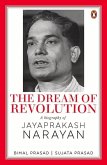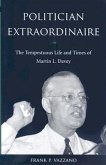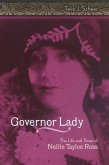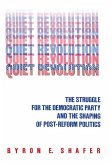America's antagonistic relations with the Soviet Union can be traced to the U.S. response to the Bolshevik Revolution. Within weeks of the revolution, the State Department was considering the military intervention that set the stage for future troubled relations. Raymond Robins stepped forward in 1917 voicing a minority view that the new regime was sustained by vast support, responding to the needs of workers and peasants. He and other observers believed that friendship and cooperation with Communist Russia would best serve Allied interests. At Theodore Roosevelt's suggestion, Robins was appointed to the American Red Cross Commission to Russia in 1917, arriving in Petrograd to witness the last two months of the Provisional Government and the Bolshevik Revolution. He was then appointed first in command and took the initiative to discuss with Trotsky and Lenin the fate of American and other Allied representatives and all other key issues in the new United States-Soviet relationship. Robins had played a central role in many important aspects of American life in the first decades of the 20th century and had gained a reputation as a great lawyer for the cause of reform. His years of experience in American reform affected his conclusions about the tumultuous events in Russia, and his pragmatic understanding of the realities facing Russian masses, the Soviets of Soldiers, Sailors, and Workers, and the Bolshevik leadership was astute, accurate and prophetic. In 1918 he predicted the "breakdown of Bolshevik formulas" under economic pressures that ultimately resulted in the dissolution of the Soviet Union.
Hinweis: Dieser Artikel kann nur an eine deutsche Lieferadresse ausgeliefert werden.
Hinweis: Dieser Artikel kann nur an eine deutsche Lieferadresse ausgeliefert werden.








